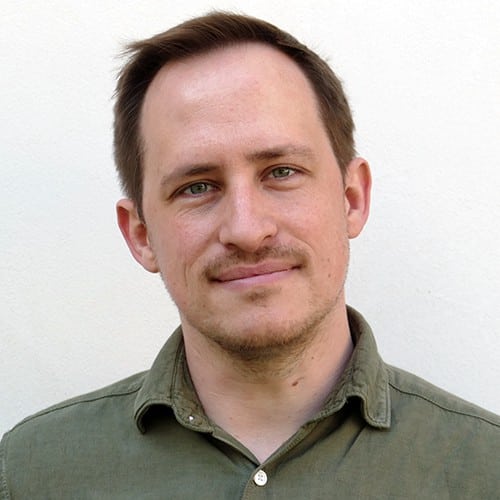UPDATE OCTOBER 8
WE ARE PROUD TO ANNOUNCE:
THE PROJECT WON THE IMF ANTI-CORRUPTION-CHALLENGE!!
THE DASHBOARD WILL NOW BE EXTENDED BY ANOTHER 40 COUNTRIES.
A DASHBOARD SCANS GOVERNMENT CONTRACTS FOR CORRUPTION RISK
October 6, 2020
When Johannes Wachs, a computational social scientist who joined the Hub in April, began his PhD at Central European University, he was surprised how little Big Data research was done on corruption. Working to address this gap, Johannes started a long term collaboration with the Government Transparency Institute (GTI), a “non-partisan think tank researching and advocating good governance” which was founded in Hungary in 2015.
DASHBOARD TRACKS RED-FLAGS IN CONTRACTING AT MULTIPLE SCALES
As part of that group, Johannes works to find clever ways to measure corruption risks in public procurement processes.
Procurement is a major channel of funds from the public to the private sectors. Recently, Johannes and a team of researchers from GTI, Central European University, University of Sussex, and the UK’s Foreign Office, launched a pilot project for the International Monetary Fund (IMF). “We created a dashboard that monitors red flags for corruption risk in procurement procedures,” Johannes explains.
Their software scans thousands of calls for proposals and tenders for signs that a free and fair competition may have been restricted. “If, for instance, only one bidder submits a bid, this suggests that the procedure was unfair,” Johannes points out. Other red flags track whether contract winners are registered in tax havens, or if the time to submit a bid was exceptionally short. The method does not prove that corruption has taken place. It rather highlights suggestive patterns that deserve a second look.
PILOT PROJECT WITH FIVE COUNTRIES
Recent research has shown that countries, regions, and sectors in which contracts tend to have many red flags also tend to have higher cost-overruns and higher perceptions of corruption.
The team uses the corruption risk measures to estimate the costs of corruption on the micro-level, highlighting specific sectors or regions within countries where potential corruption is more expensive.
So far, the dashboard tracks over 1.5 million contracts from five countries: Uganda, Georgia, Indonesia, Romania, and Paraguay. “There are differences in the data we can source from each country, and it takes a lot of work to gather and clean the data. But once this is done, the method works well in all five cases,” says Johannes.
The dashboard offers a fast and inexpensive complement to traditional tools in the anti-corruption policymaker’s toolkit, such as surveys and case studies. “A major strength of our dashboard is that we much smaller scales: in certain regions or specified to subjects like public procurement or construction,” Johannes concludes.
RUNNING FOR FUNDING
The team will present their pilot tomorrow, October 7, 2020 at the IMF’s Anti-Corruption Challenge, competing against seven other finalists for funding to extend their pilot to over 40 countries world-wide.
Follow this link to see the presentation—and eventually vote for Johannes’s team, if you like: https://www.imf.org/en/Topics/innovation-at-the-imf/imf-acc-event
Click for a detailed project description.
The dashboard with five countries can be seen here.
Add Your Heading Text Here
Lorem ipsum dolor sit amet, consectetur adipiscing elit, sed do eiusmod tempor incididunt ut labore et dolore magna aliqua. Ut enim ad minim veniam, quis nostrud exercitation ullamco laboris nisi ut aliquip ex ea commodo consequat. Duis aute irure dolor in reprehenderit in voluptate velit esse cillum dolore eu fugiat nulla pariatur.

